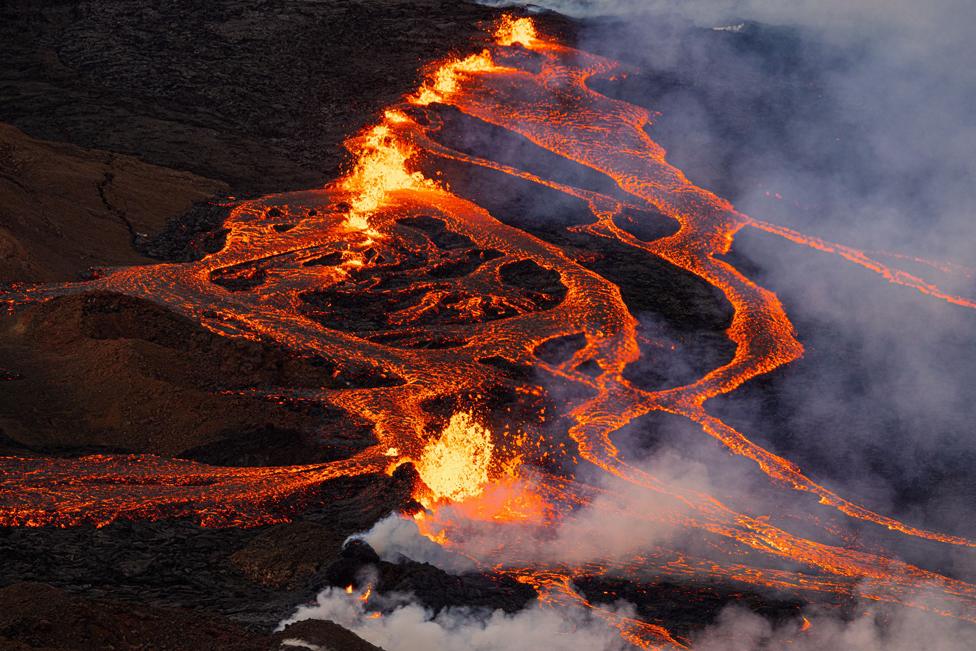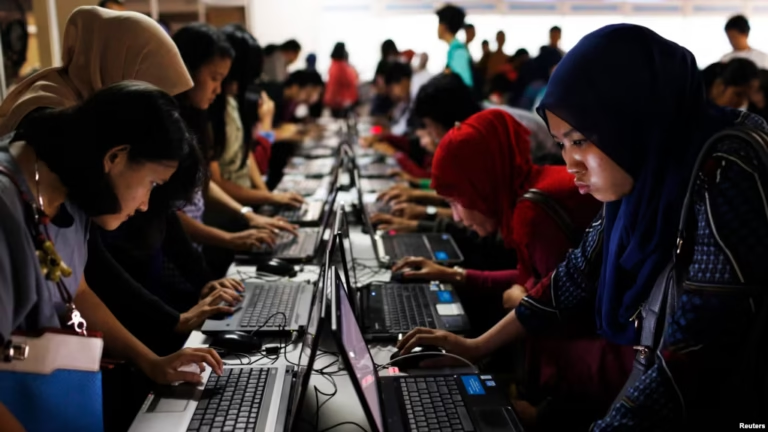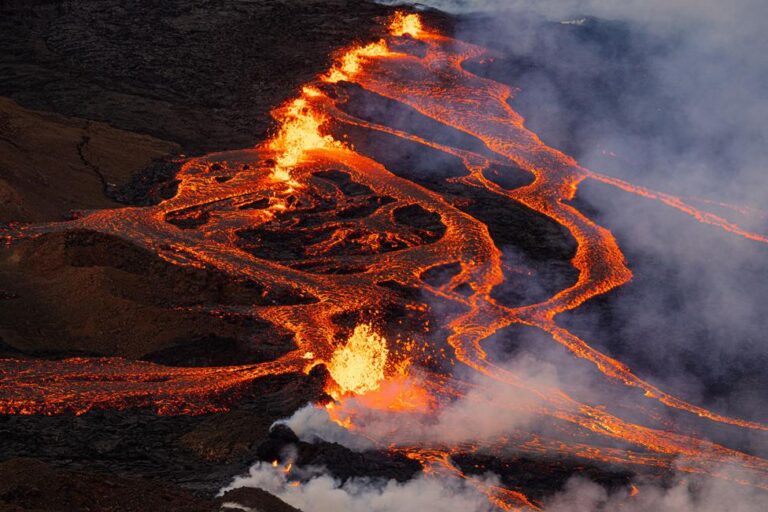
A massive volcanic eruption is looming, and the world is far from ready to handle its devastating consequences. History shows that such events can disrupt global weather patterns, damage economies, and endanger countless lives. As scientific evidence mounts, experts are warning of the urgent need for preparation before nature’s fury strikes again.
Understanding the Threat of Volcanic Eruptions
Volcanic eruptions are among the most powerful natural disasters. They spew ash, gases, and molten rock into the atmosphere, creating widespread chaos. A large-scale eruption, like the infamous Mount Tambora event of 1815, could trigger a “volcanic winter,” lowering global temperatures and causing crop failures. The keyphrase “massive volcanic eruption” underscores the catastrophic scale of such potential disasters.
Are We Prepared?
Despite advancements in technology and monitoring systems, global readiness for a major eruption remains inadequate. Many regions near active volcanoes lack proper evacuation plans and resources. Even countries far from the eruption’s epicenter could face disruptions to air travel, food supplies, and economic stability. Strengthening international collaboration and investing in early warning systems are crucial steps toward mitigating these risks.
Lessons from Past Eruptions
The eruption of Eyjafjallajökull in Iceland in 2010, though relatively small, disrupted air traffic across Europe for weeks. It highlighted how interconnected modern societies are and how a single natural disaster can have global repercussions. Learning from these events, nations must prioritize resilience-building measures, from educating communities to stockpiling emergency supplies.
What Lies Ahead
While predicting the exact timing of the next massive volcanic eruption is impossible, scientists are closely monitoring high-risk zones like Yellowstone in the United States, Mount Vesuvius in Italy, and Mount Merapi in Indonesia. Communities near these volcanoes must be prepared for evacuations, while governments must plan for broader implications, such as disrupted global trade and climate impacts.



